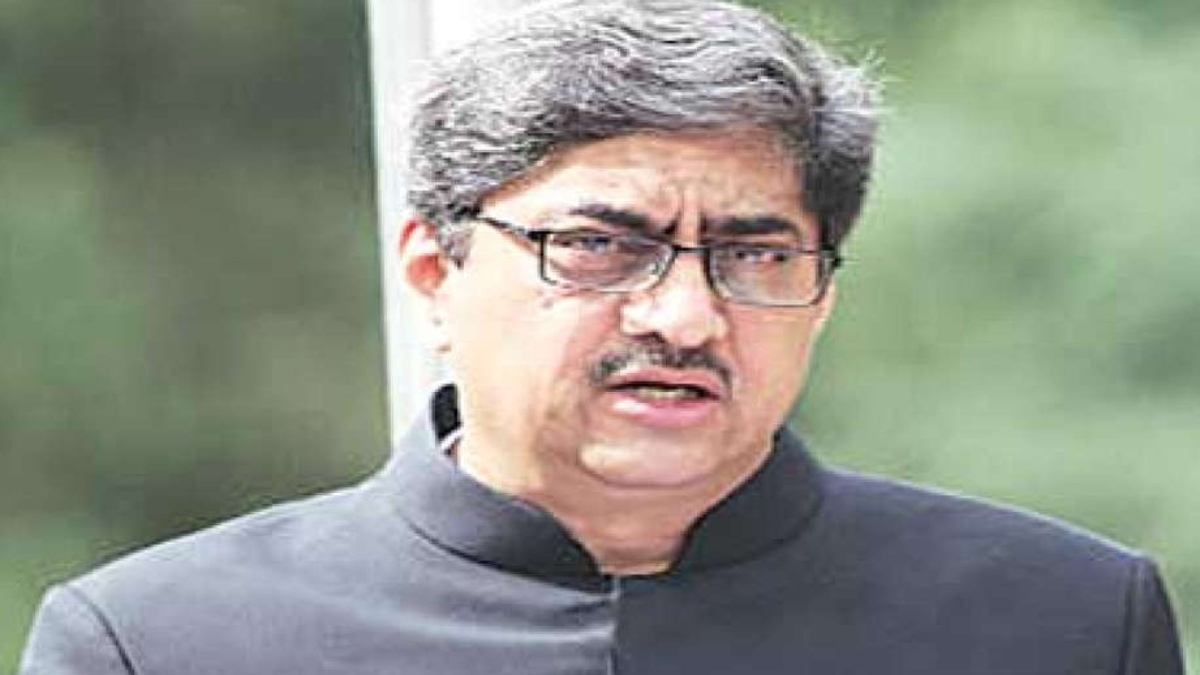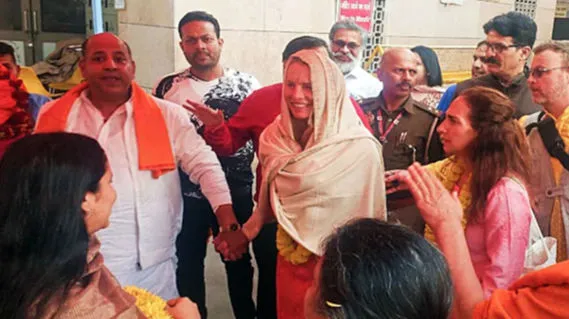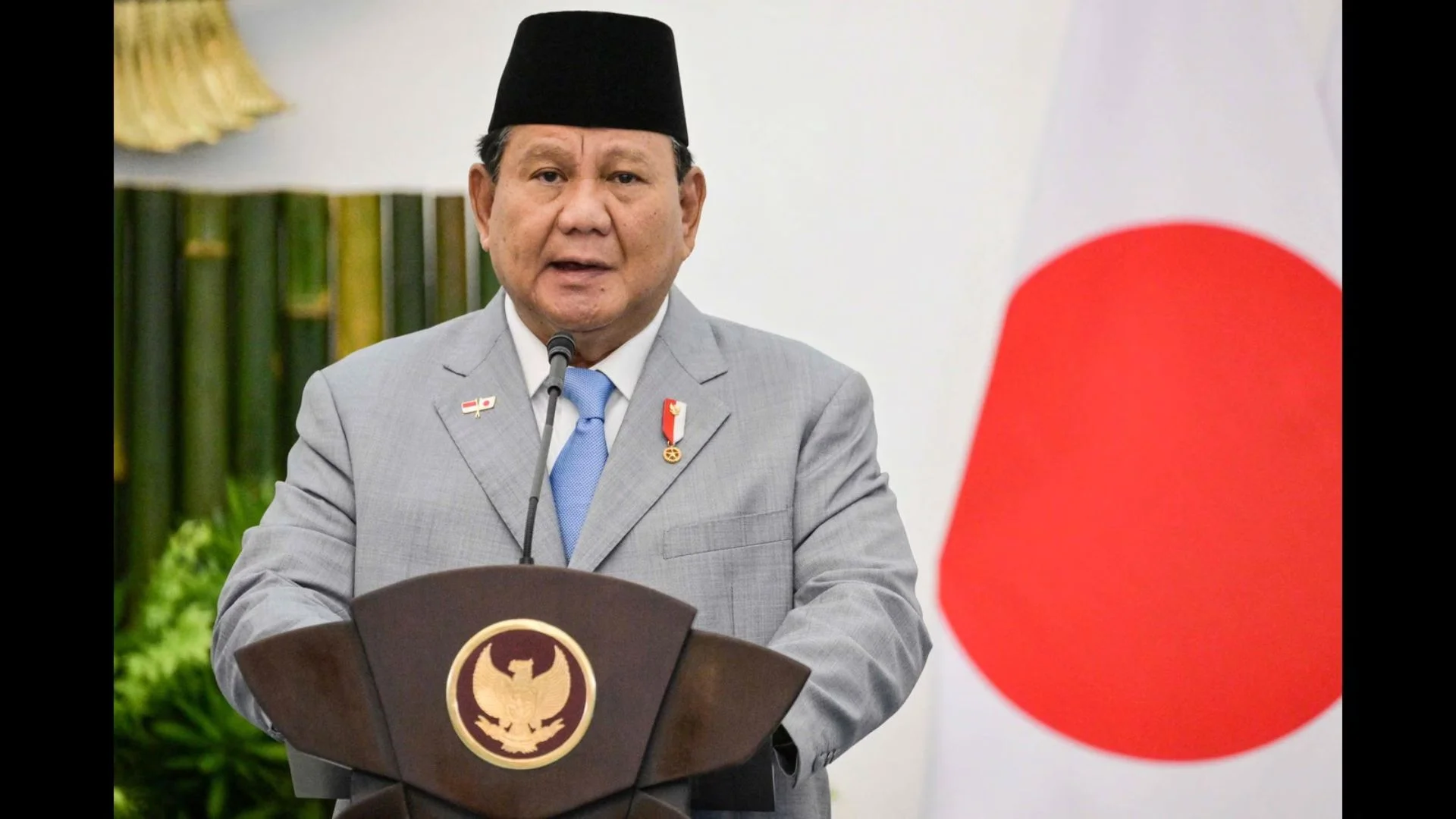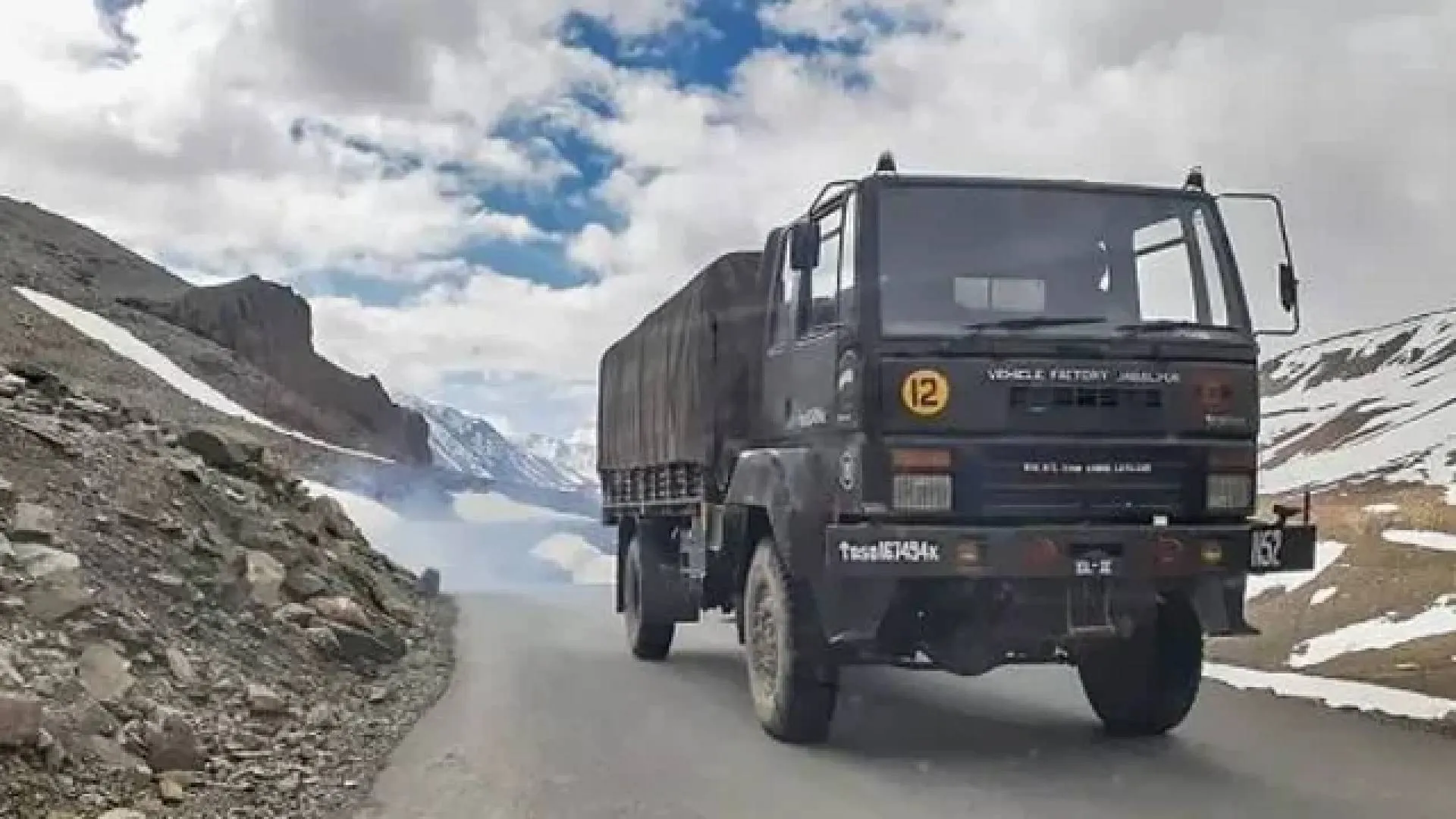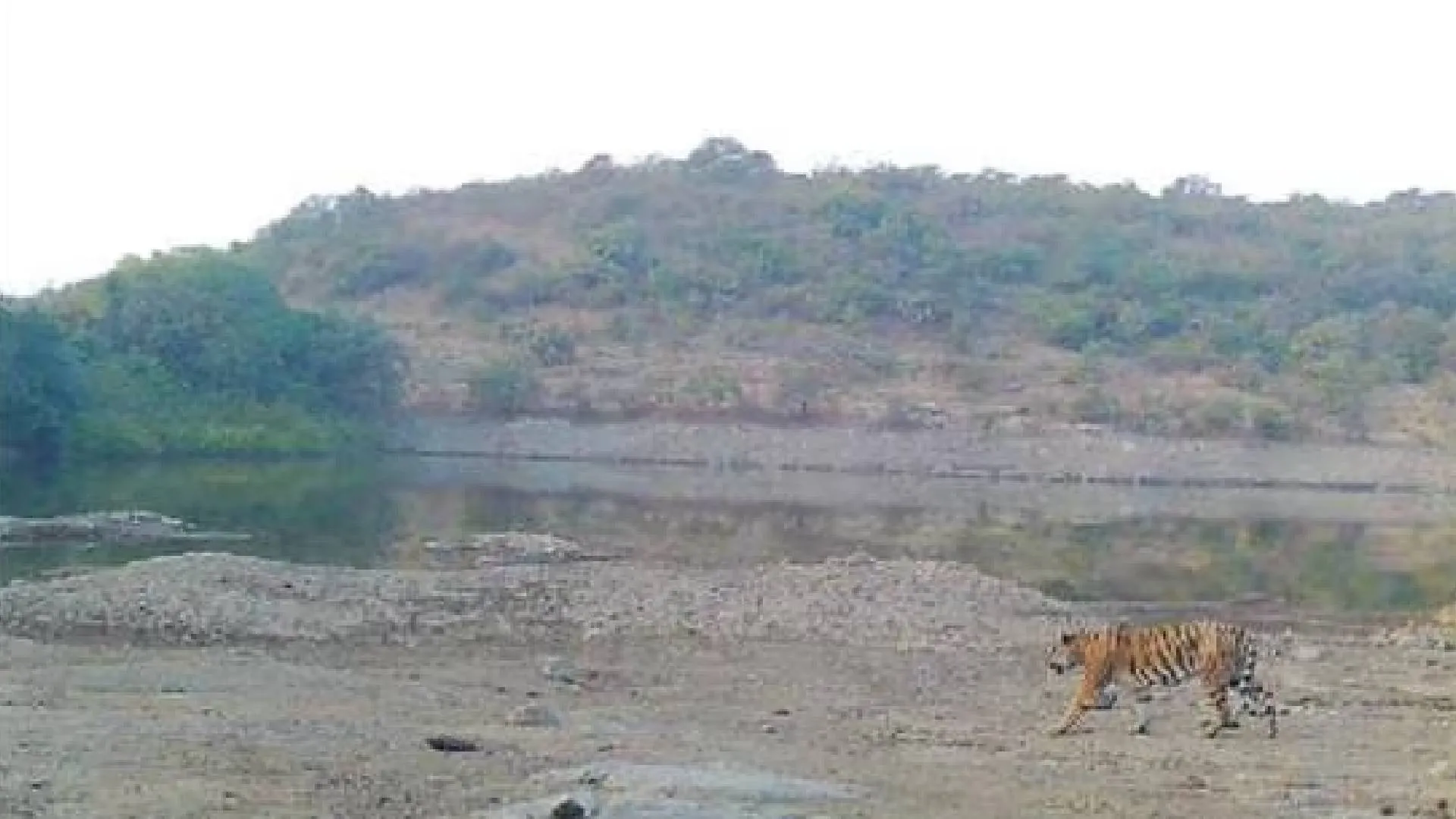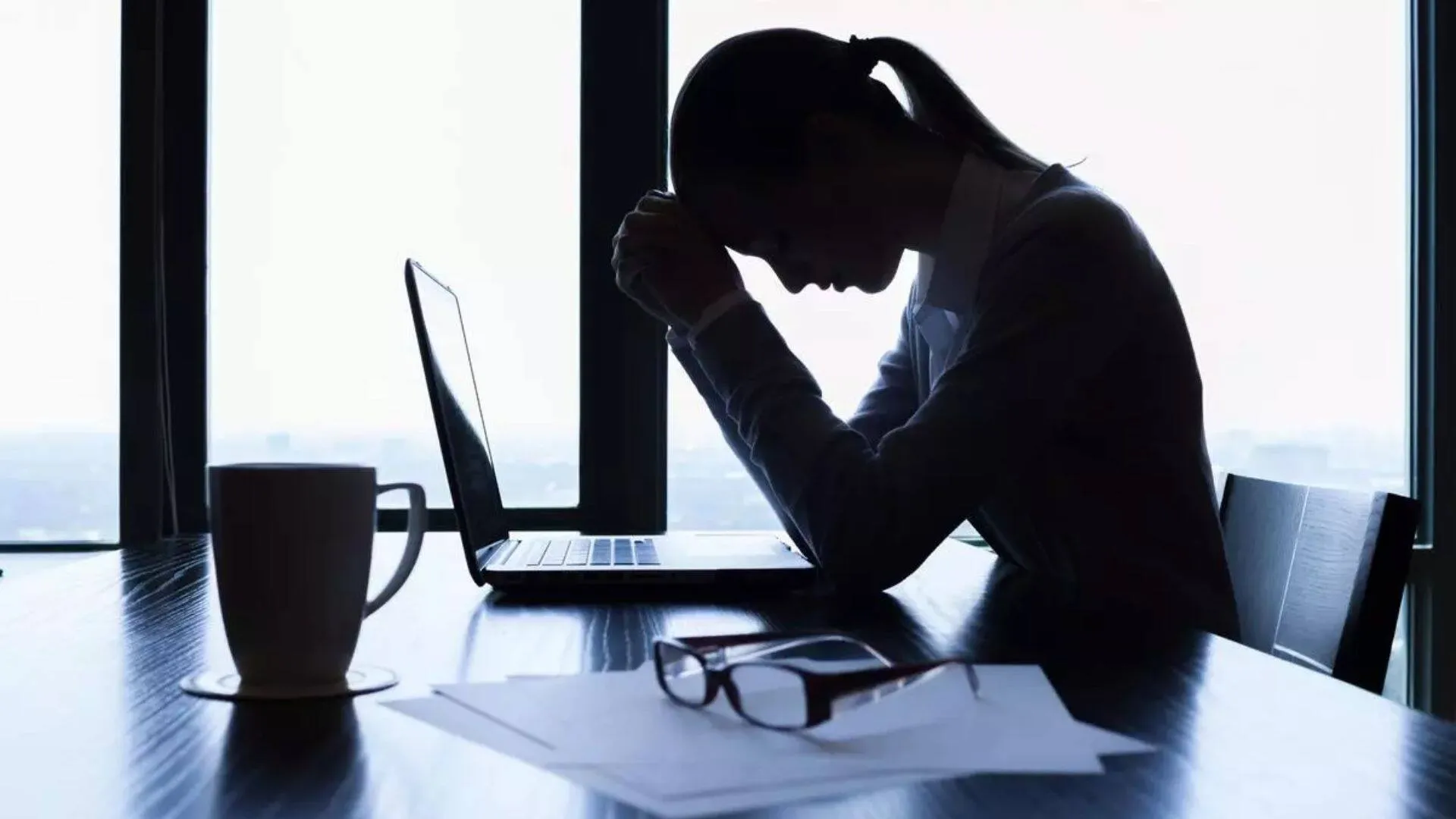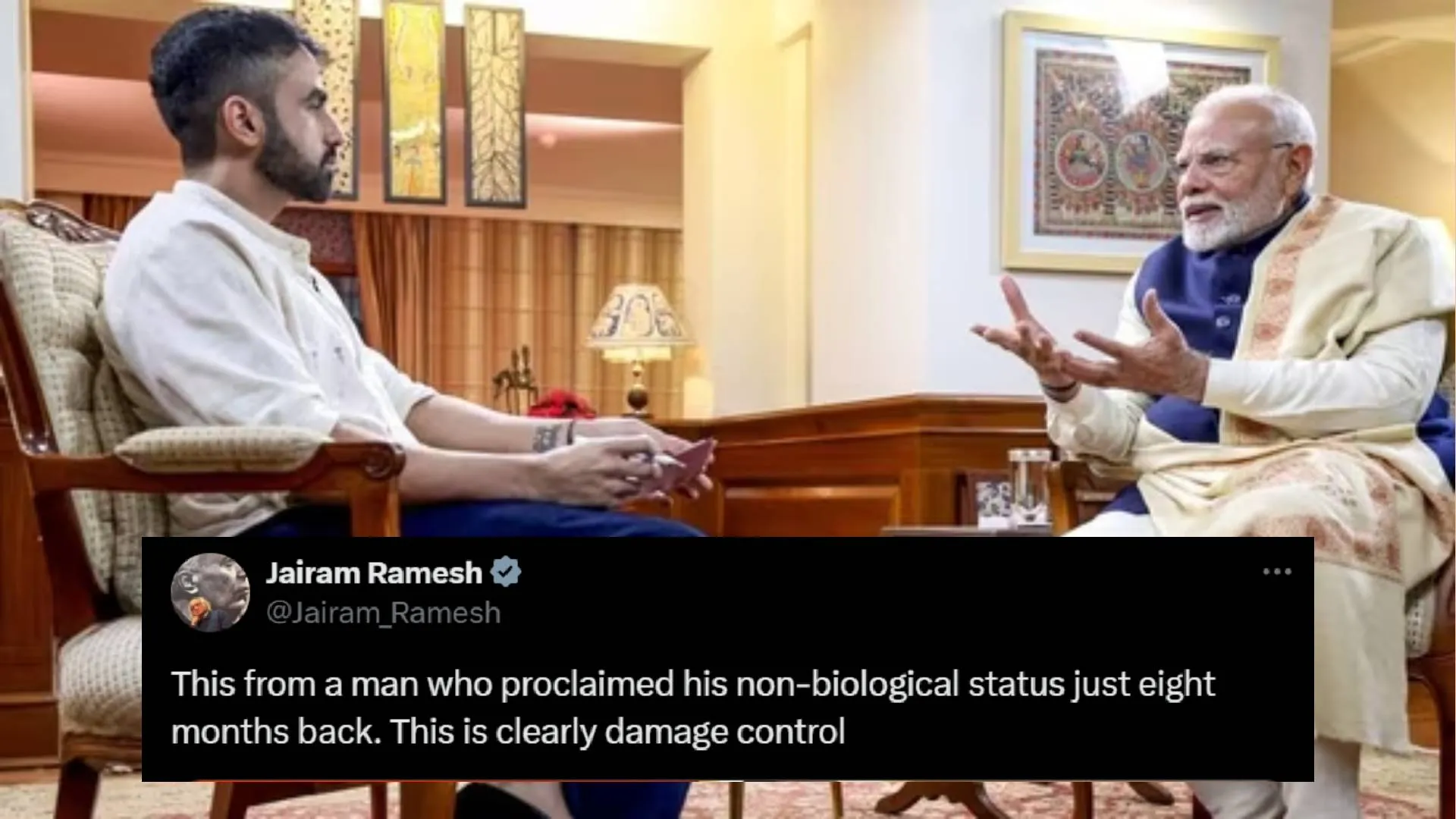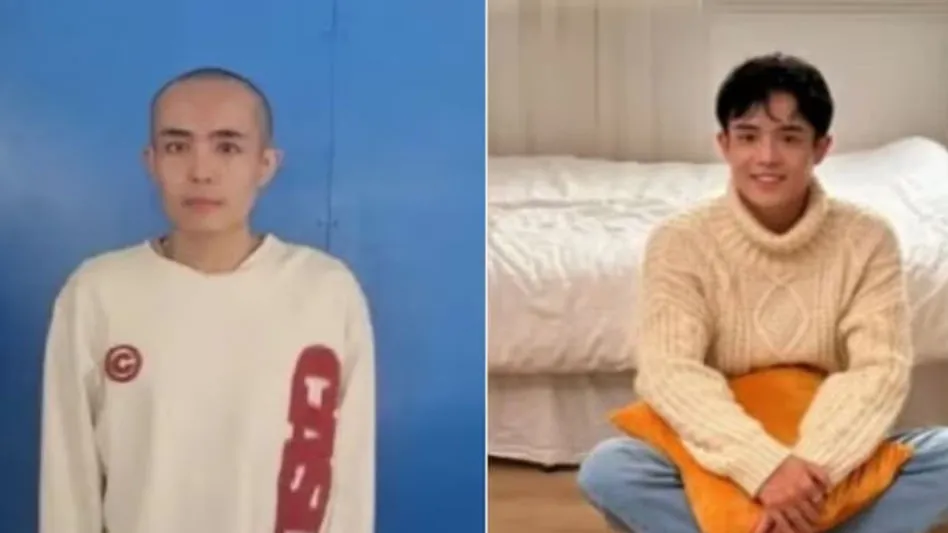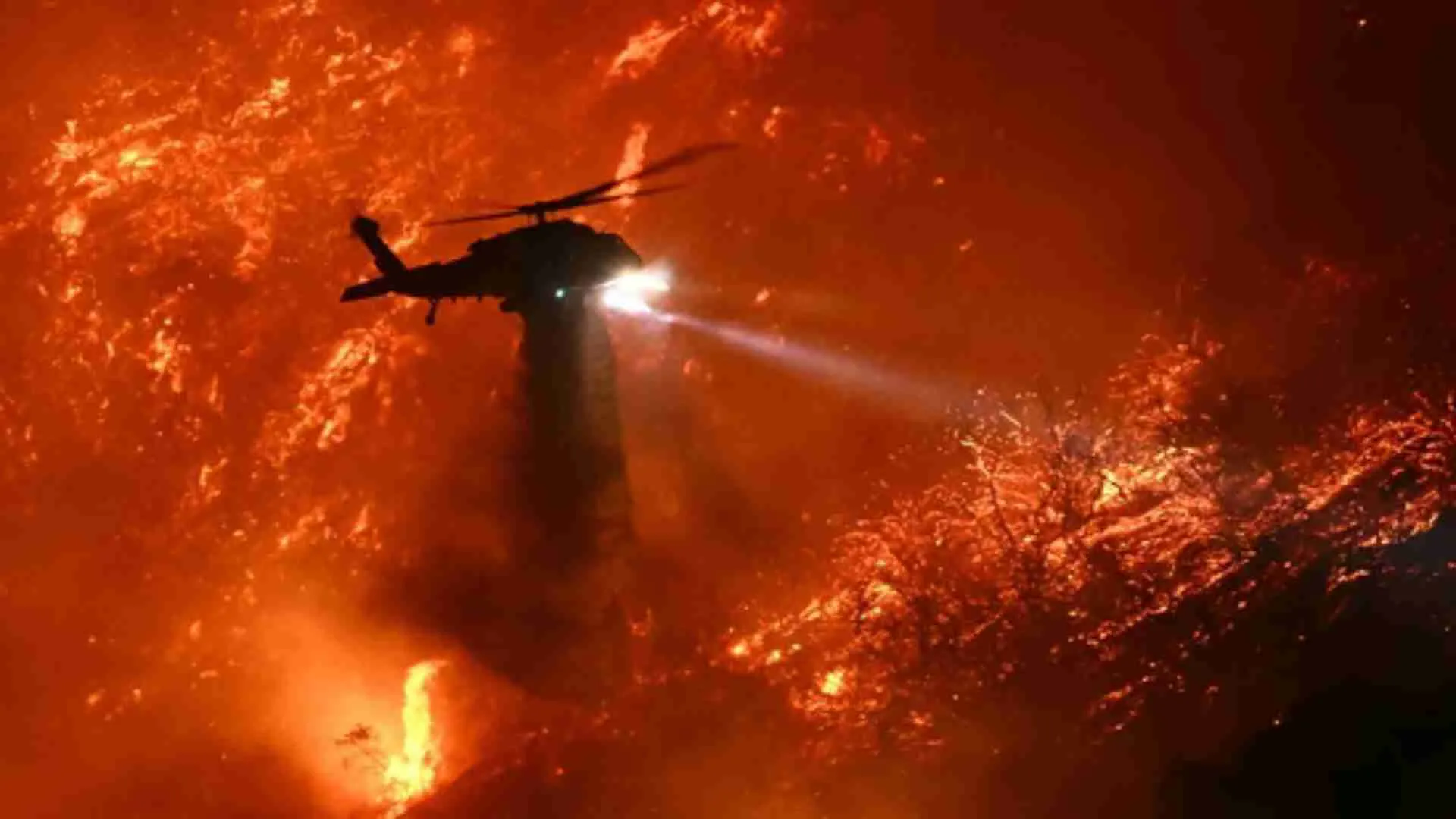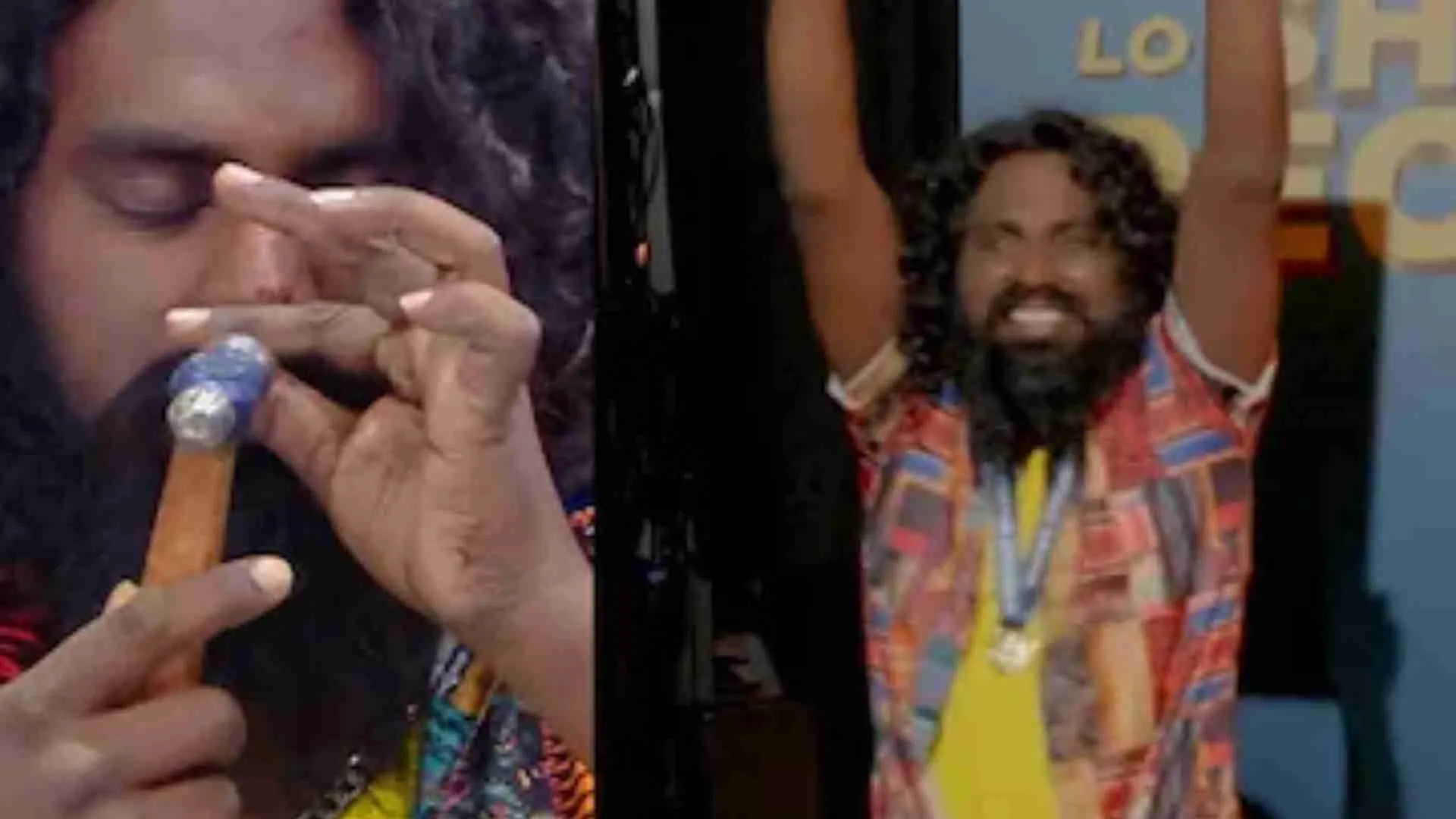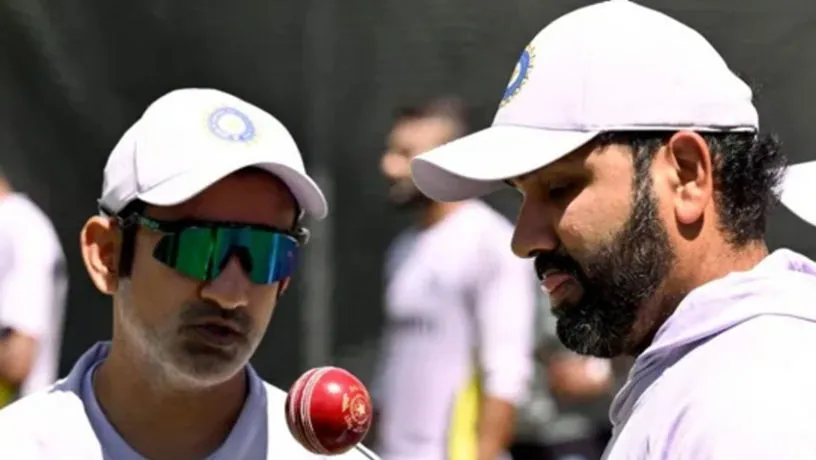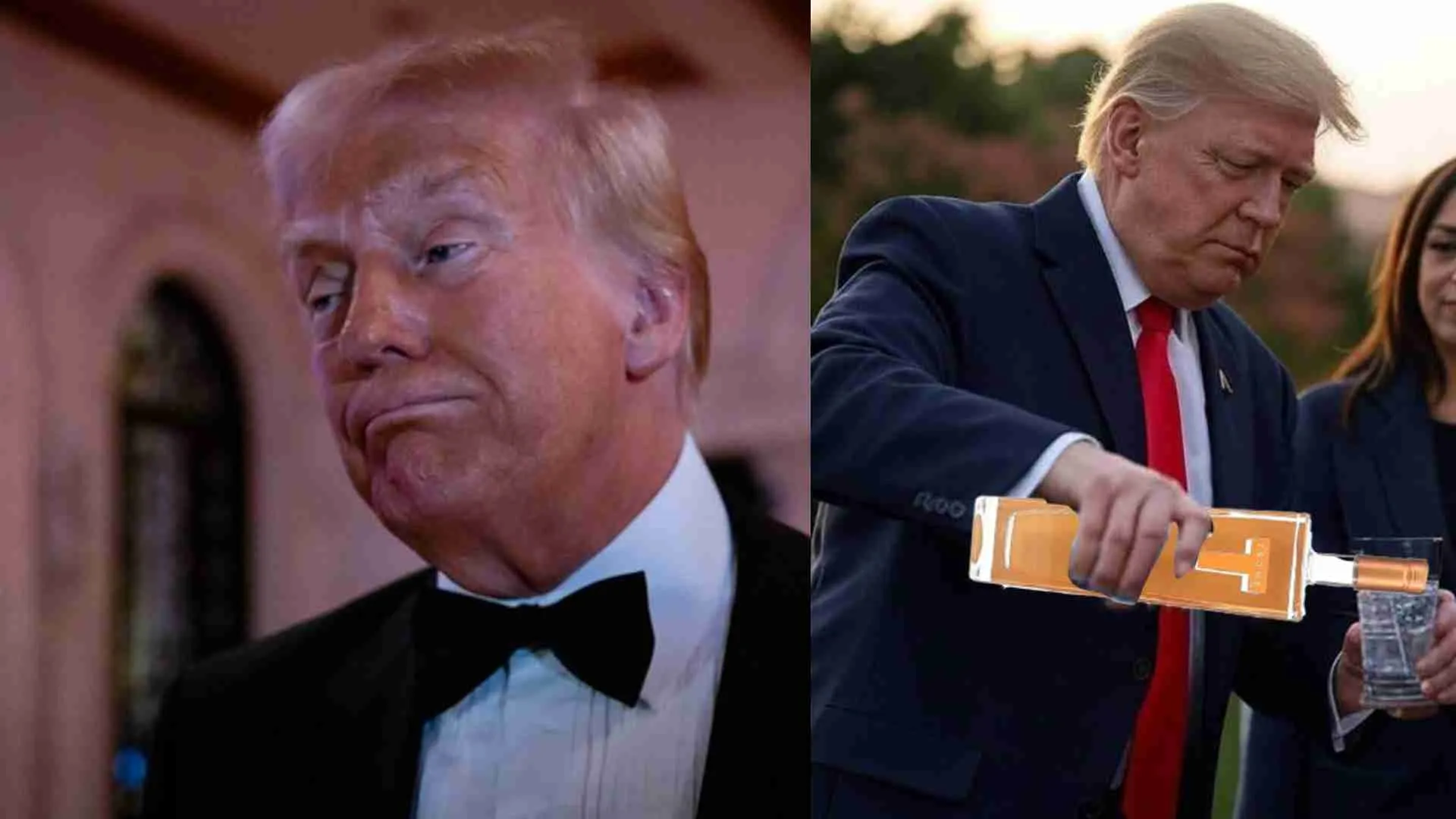On Thursday, China celebrated 100 years of the Chinese Communist Party (CCP). On this occasion, The Daily Guardian talked to Gautam Bambawale, former Indian Ambassador to China, Pakistan and Bhutan, who spent 15 years of his 34-year diplomatic career dealing with China. He served as the Indian Ambassador to China from 2017 to 2018. He had previously served as the Indian High Commissioner to Pakistan. Excerpts:
Q: It’s the 100th anniversary of the CCP and mega celebrations have been planned by them across the country. Should they really be celebrating?
A: If we look at the history of the Chinese Communist Party, it was founded on 1 July 1921 and they came to power through a civil war over with the nationalists on 1 October 1949. That time, China was a poor and backward country; now after 70 plus years, China is the second largest economy of the world, the living standards of people there have improved tremendously; so there is some reason from the Chinese perspective to celebrate.
Q: What do you think is CCP’s real report card in the past 100 years? Shouldn’t the party be remembered for its suppressions, be it in Tibet or the Cultural Revolution massacres or the Vietnam War?
A: It did happen under the watch of the CCP. Mao Zedong himself unleashed the Great Leap Forward in the late 1950s and as a result of the policies of the Communist Party, almost 20 million Chinese are estimated to have died in that period. There is also suppression and repression in Tibet and Xinjiang, Today, Hong Kong is going through a very difficult time. On the economics side, China has done well under the party; where freedom of people is concerned, where freedom to practice religion and one’s own culture is concerned, the record has been quite bad.
Q: We hardly get to know what is happening in China since the media there is state controlled, but there have been reports of protests in several parts of China in some media portals. You having held office in Beijing, can you help us understand the real ground situation there?
A: With CCP, it’s a one-party system; there are no other parties; no periodic elections like we have in democratic countries like India. It’s the Communist party which rules with an iron fist. One aspect of that iron fist is complete control over media over what is conveyed in newspapers, magazines, television and radio to the people of China. CCP has complete control; they play their own tunes, sing their own praises, thus it is difficult to understand what’s happening in China today. Of course, the situation is slightly different depending on the difference is social media; though social media is also fully controlled in China by the Communist party, sometimes something gets out which gives you an indication about the mood of the people in China, and the concerns of the people in China. It is difficult to understand, but with social media today, we are able to see through the iron curtains to some extent.
Q: What do you think the CCP is trying to do in East Turkestan with the Uyghurs?
A: The Uyghurs are Muslims and there is problem in what is called Xinjiang province of China towards East Turkistan. There is very little doubt that there are a large number of local Uyghurs who are in internment camps, who are in prison etc. There is crackdown and repression which is taking place. Some Western media have been able to report on it. Chinese iron curtains have descended and very little is known about what is happening there, though we do know that there is heavy hand that is being used in Xinjiang.
Q: How do you think India’s response to China has been at the LAC? What is your assessment of the situation?
A: The strategic India-China standoff at the LAC is a very serious situation and not similar to all the other border standoffs that we had like, one in 2013, 2014, even in 2017 when we had Doklam crisis. This is different because of the fact that the Chinese military, the People’s Liberation Army, has brought in several divisions of their soldiers and troops along with tanks and artillery and heavy armor weapons etc. This is not only a military affair, there is a military angle to it, but it goes far beyond that, the Chinese are trying to show that they are the biggest power in Asia and other countries, including India, should just understand the situation and accept it.
In 1980, the size of economies of India and China was roughly the same and now, China’s economy is five times bigger than India. It’s not merely economic size or GDP; this also reflects in their military preparedness, in technology, in science, in education and so on… So there is a huge asymmetry or gap between India and China and that is the main factor that has enabled the Chinese to do what they are doing in East Ladakh. Our military responses have been very brave and we, to a certain extent, blocked the Chinese military from moving forward. But in the long term, I am afraid, India needs to look really carefully at itself, we need to reduce this asymmetry in economy, technology, military etc with China for which we need to look at the domestic level. We need to grow the economy at a much faster pace, at least 8-9 percent per annum, and reduce the asymmetry with China. It is something that is going to test India’s nerve, India’s determination, but with the right policies, India is capable of achieving high levels of economic growth and in the long term, we can reduce this asymmetry between the two.
Q: Please tell us about Xi Jinping. What do you think he is trying to do?
A: Xi Jinping has accumulated most of the power in the Chinese system; he’s now more in the mold of Mao Zedong than in the mold of more recent leaders, when there was very easy and clear cut transfer of powers like from Jiang Zemin to Hu Jintao and from Hu Jintao to Xi Jinping himself. So, he has accumulated a lot of powers in his hands, but what he has done with that power is he has not only decentralised political power, but also economic power. Why has China succeeded economically; why is it the second largest economy in the world next to the United States? There had been great decentralisation of economic decision making and economic power. Decentralising power may have a negative impact on China’s growth; we have to wait and see how this decentralisation of economic power in the hands of the party and state-owned enterprises, and public sector undertakings plays out. People like Jack Ma are themselves a product of change in China. This decentralisation is going back to the old ways of behaving and doing things and may be negative and detrimental to China’s growth.
Q: Is China finding it difficult to control resentment in Hong Kong, Tibet, East Turkestan or southern Mongolia, or has the CCP been completely successful in suppressing these voices?
A: These are all aspects of China aggressiveness, its assertiveness not only outside China, be it in its neighborhood like in the border with India or in the South China Sea, but within China’s periphery too in Xinjiang, in Hong Kong etc. In China, within the Communist party, the challenge to the leader comes from within the party itself; so the next few years, we have to watch China carefully to see whether there is any possibility of a challenge coming from within the party to the leadership of Xi Jinping. I think there’s a possibility that may happen, especially because many other people in the party have either faced a crackdown or put into jail for corruption charges etc. Whether Xi Jinping is able to maintain his control over the Communist Party or some other leader rises to challenge his leadership and challenge him is something that is in the realm of a future scenario.

